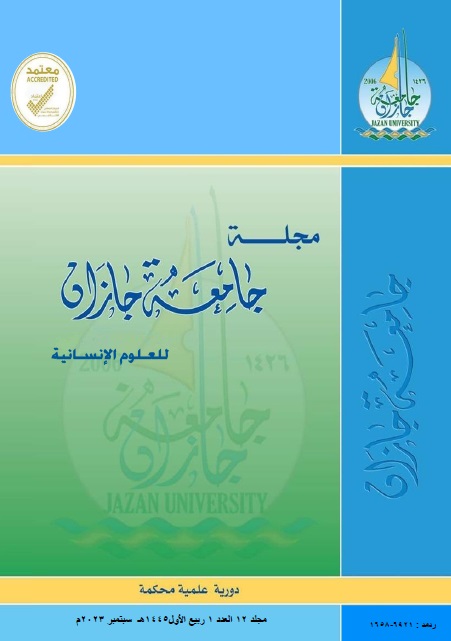The Impact of Philosophy on Mu'tazila in Quranic Createdness
Keywords:
Philosophy, Mu'tazila, Quranic Createdness, Ahl Al-Sunnah Wal-Jama'ahAbstract
This research demonstrates the impact of philosophy on Mu’tazila in Quranic createdness controversy. The research aims to explain the impact of translating philosophy on the belief of Mu’tazila in the Quranic createdness controversy. It also aims to clarify the Mu’tazila’s belief of Quranic createdness through their books and writings. It emphasizes the invalidity of the Mu’tazila’s belief of Quranic createdness, while introducing the position of Imam Ahmed bin Hanbal of such controversy. In this research, I mentioned the position of orientalists and their Arab and Muslim followers regarding the controversy, while criticizing their views.
In this research, I will follow the analytical, historical and critical approach. I will conclude with the results I reach. Such conclusions include: the Mu'tazila doctrine was influenced by the translations of Greek philosophy books as well as the Arabs' contact with other peoples and cultures. The Quranic Createdness debate dates back to the reign of Caliph Abi Jafar Al-Ma'mun, who explicitly said and believed that the Holy Qur'an was created, and forced Muslims to believe in the Mu'tazila doctrine. Al-Jahiz comes at the top of Mu’tazila scholars. The study also highlights the position of Imam Ahmed bin Hanbal regarding the debate, as he opposed the Quranic createdness belief, and remained steadfast in his position until the Sunnah doctrine prevailed with Allah’s help. The orientalists and some other thinkers were of belief of Mu'tazila.
Downloads
Downloads
-
PDF (Arabic)
81
29
Published
Issue
Section
License
Copyright (c) 2023 CC Attribution 4.0

This work is licensed under a Creative Commons Attribution 4.0 International License.





